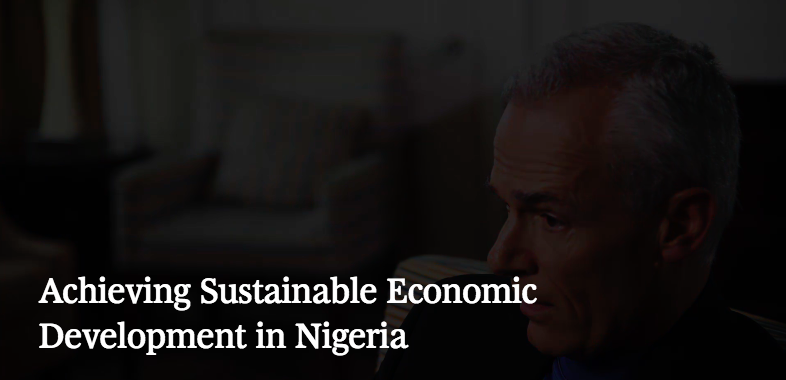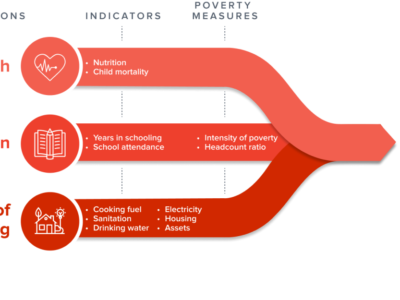As a followup to the article on Measuring Progress using the Sustainable Economic Development Assessment (SEDA) model, here is an expert interview that gives additional content to measuring progress in Nigeria. In the short video below, Boston Consulting Group’s* Luis Gravito explores Nigeria’s history of growth and how it exemplifies why the quality of economic growth is fundamental—and more critical than the rate of that growth.
Achieving Sustainable Economic Development in Nigeria
*Boston Consulting Group’s mission is to unlock insight and have the courage to act. They bring the right people together to challenge established thinking and drive transformation. They work with their clients to build the capabilities that enable organizations to achieve sustainable advantage.
On the basis of SEDA analysis of Nigeria and interviews with Nigerian executives in all key sectors of the economy, including energy, banking, consumer goods, and telecommunications, the BCG propose focused, market-oriented interventions in five critical areas: civil society, governance, infrastructure, education, and health. Infrastructure should be the top priority—weakness there limits progress in a number of other areas, including health and education.
Addressing the current economic challenges in Nigeria and unleashing the energy and drive of its people will require action by the government—most notably in infrastructure, health, and education. Improvements in those areas will create sizable, positive ripple effects throughout the economy, including possibly a surge in foreign direct investment. Focused and sustained effort can yield real progress—and raise the well-being of all Nigerians.






